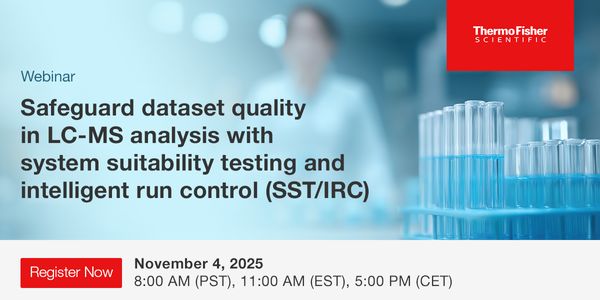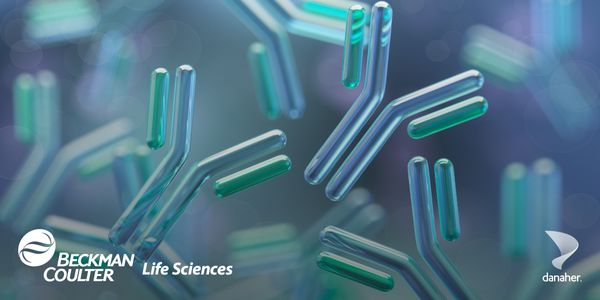Assistant Professor, Harvard Medical School, Boston MA Director, Center for Molecular Therapeutics, Massachusetts General Hospital Cancer Center, Boston MA Associate Member, Broad Institute
BIOGRAPHY

MAR 23, 2021 9:00 AM PDT
Targeted degradation of the enhancer lysine acetyltransferases CBP and p300
Sponsored by: ACD - A Bio-Techne Brand
Speakers
-
Tim Geiger, PhD
Field Applications Manager - Bio-TechneBIOGRAPHY
Event Date & Time
Date: March 23, 2021
Time: 9:00am (PST), 12:00pm (EST)
Abstract
The chromatin regulators CBP and p300 maintain gene expression programs through lysine acetylation of chromatin and transcriptional regulators and by scaffolding functions mediated by several protein-protein interaction domains. We have developed a chemical degrader of p300/CBP, dCBP-1, using in silico modeling and cellular activity assays including capillary-based immunodetection assays (ProteinSimple, WES). We have found that dCBP-1 is exceptionally potent at killing multiple myeloma cells and can abolish the enhancer that drive MYC oncogene expression. As an efficient degrader of this unique class of chromatin regulators, dCBP-1 will be a useful tool for understanding p300/CBP activity at enhancers in both normal and diseased cells.
Webinars will be available for unlimited on-demand viewing after live event.
You May Also Like
NOV 04, 2025 | 8:00 AM
Even in the most controlled labs, balance performance can drift — electrostatics, air drafts, temperature shifts, or even the way samples are handled can quietly undermine your results...
NOV 04, 2025 | 8:00 AM
Unlock the full potential of your LC-MS system with Thermo Scientific™ Chromeleon™ software features. This webinar will demonstrate the system suitability test with intelligent r...
NOV 05, 2025 | 10:00 AM
Research in plant and animal genomics often involve complex genetic challenges that require tailored approaches. From addressing genetic complexity in aquaculture species to investigating tr...
NOV 05, 2025 | 8:00 AM
Do you use pipettes in your daily work? Want to improve your pipetting accuracy? To eliminate the guesswork, METTLER TOLEDO Rainin developed Good Pipetting Practice™ (GPP™) as a...
NOV 05, 2025 | 9:00 AM
BACKGROUND . Myelodysplastic syndromes (MDS) are a heterogeneous group of myeloid neoplasms with variable clinical outcomes and an increased risk of progression to Acute Myeloid Leukemia (AM...
Discover how MSK-IMPACT® Flex with SOPHiA DDM™ enables modular, cost-efficient genomic profiling with flexible DNA/RNA biomarker analysis....
Loading Comments...
Please update your information
Certificate of Participation
Thank you for choosing Labroots. Please note that a Certificate of Participation does NOT count towards Continuing Education Credits.
DOWNLOAD CERTIFICATE
DOWNLOAD CERTIFICATE
You must watch the entire webinar to receive your certificate of participation.
You must attend the event before receiving your certificate of participation.
You must register for the event first.
Certificate is no longer available for this event.
You must be logged in to retrieve your certificate.
Finish Registering
Attendees







